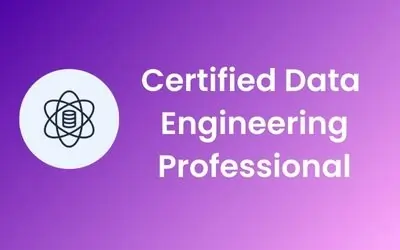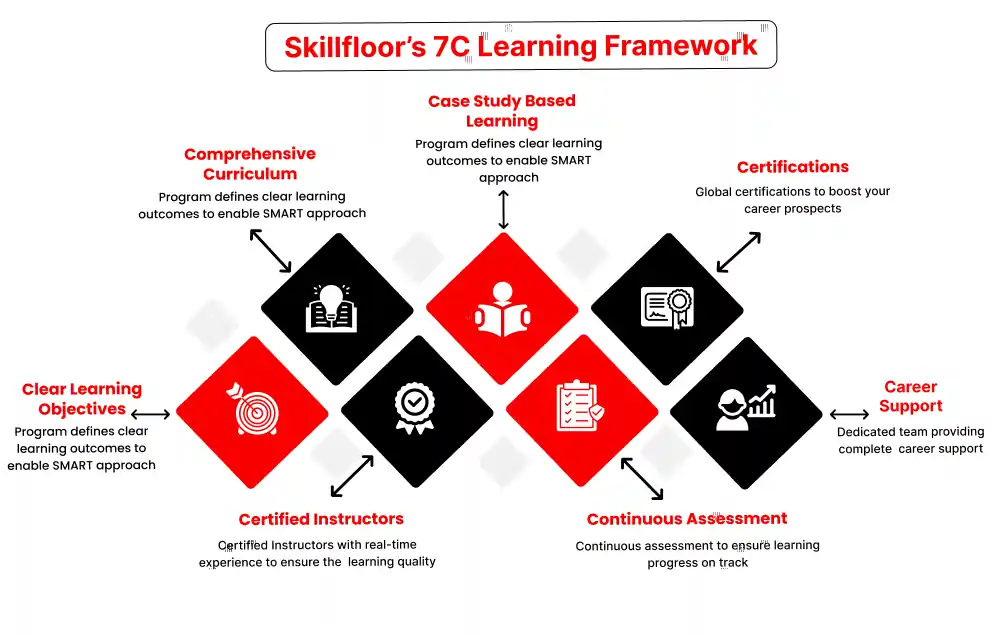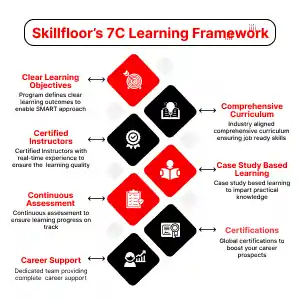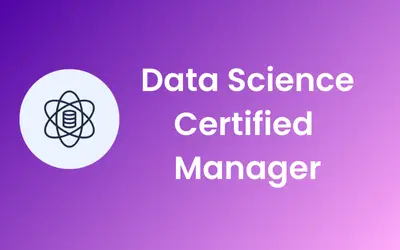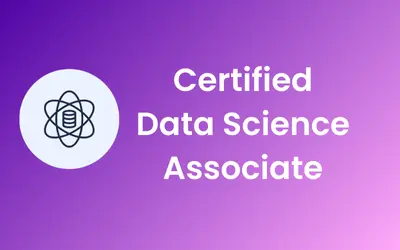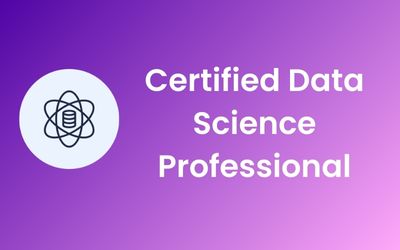Certified Data Engineering Professional
SF-DS-CDEP-1314
-

-
(480 Reviews)
- In-Demand Skills: Learn essential tools and technologies used in data engineering, including SQL, Python, Hadoop, Spark, and more.
- Career Paths: Prepare for high-paying roles in data engineering, such as Data Engineer, Big Data Architect, ETL Developer, and Database Administrator.
- Internship Opportunities: Access to internship programs with leading companies, providing valuable industry experience and networking opportunities.
